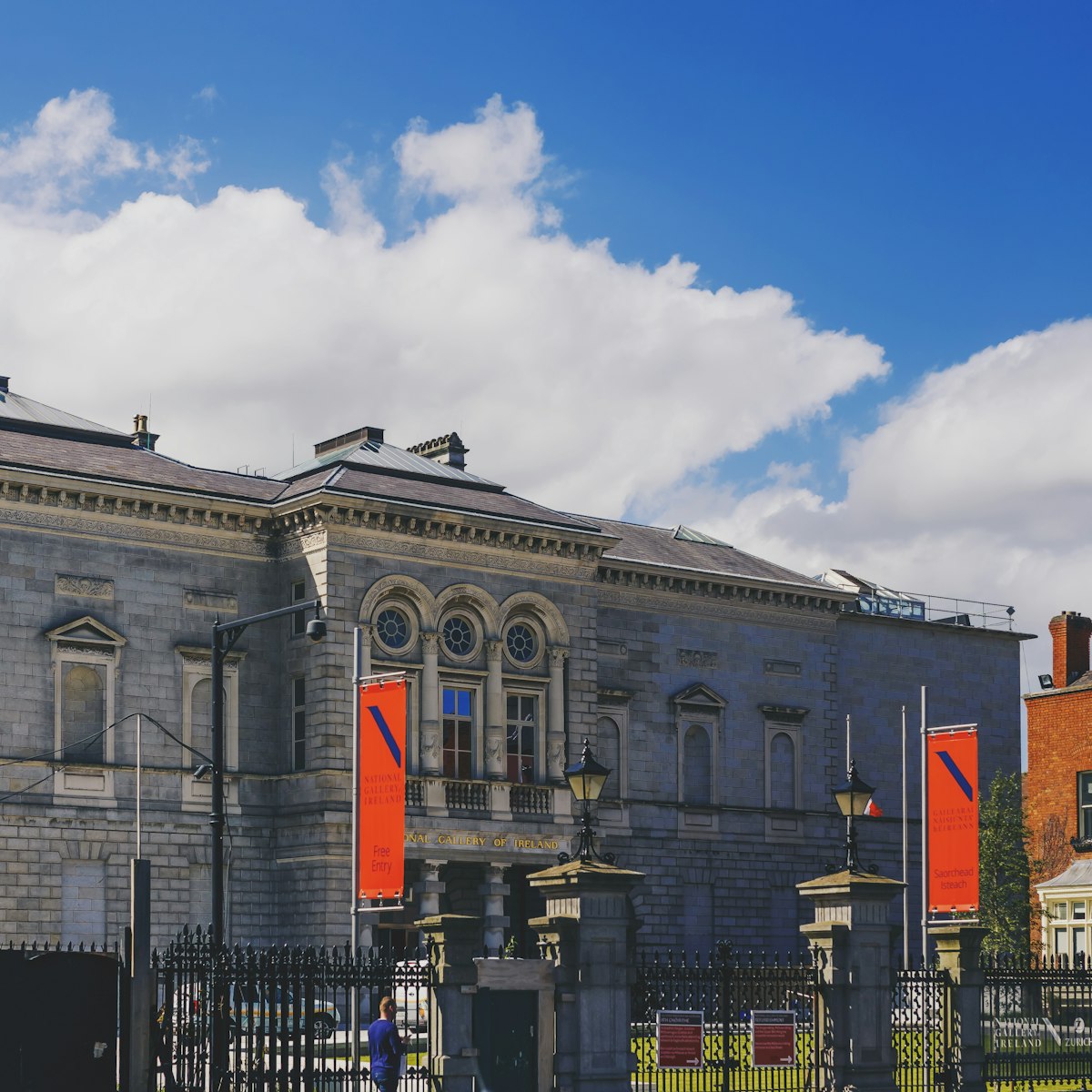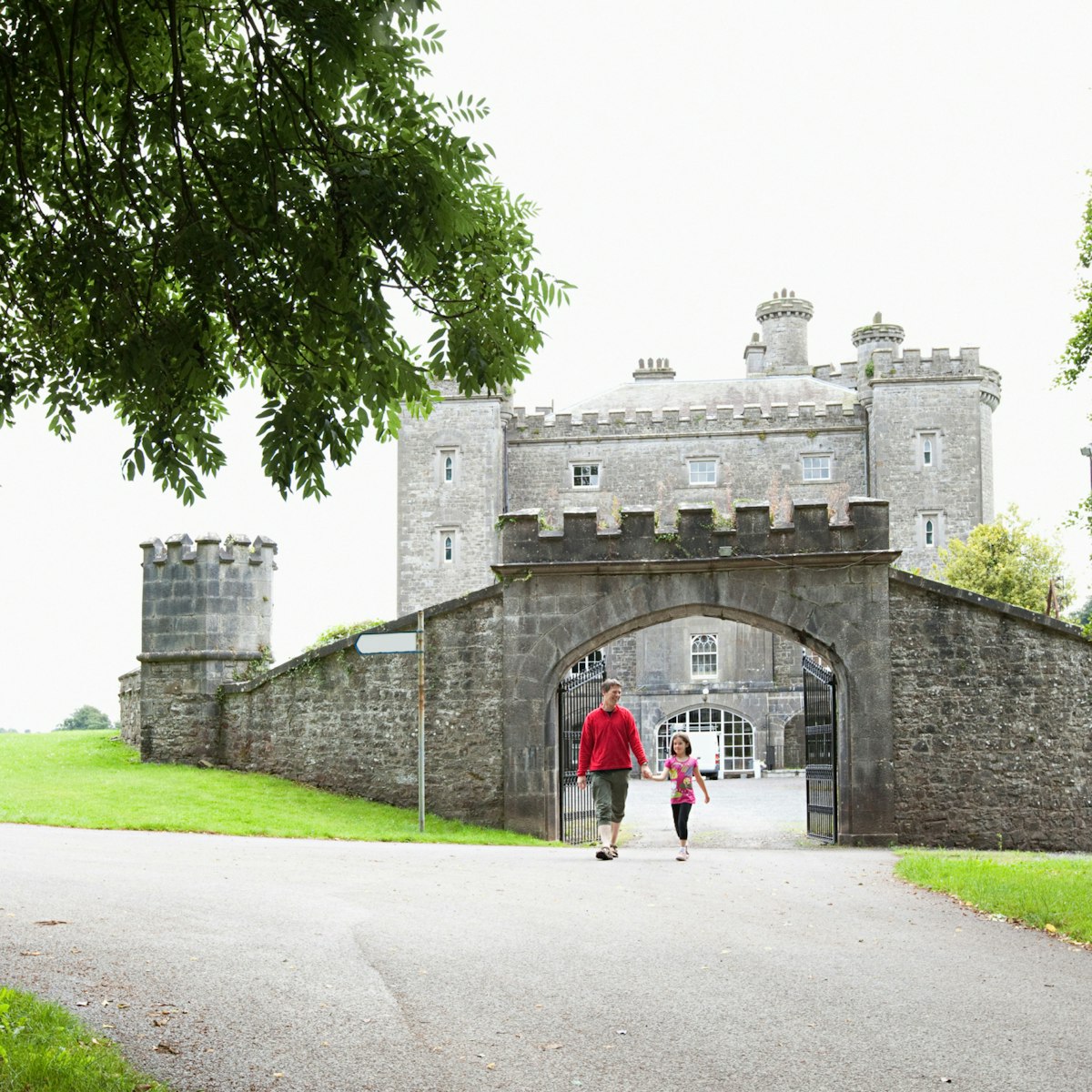The tombstones at Ireland's largest and most historically important burial site read like a 'who's who' of Irish history, as most of the leading names of the past 150 years are buried here, including Daniel O'Connell and Charles Stewart Parnell. It was established in 1832 by O'Connell as a burial ground for people of all faiths – a high-minded response to Protestant cemeteries' refusal to bury Catholics. The selection of themed tours are all highly recommended.
A modern replica of a round tower acts as a handy landmark for locating the tomb of O'Connell, who died in 1847 and was reinterred here in 1869 when the tower was completed. It opened to visitors in 2018 for the first time in nearly half a century; the reward for a climb to the top is a sweet view of the city. Charles Stewart Parnell's tomb is topped with a large granite rock, on which only his name is inscribed – a remarkably simple tribute to a figure of such historical importance. Other notable people buried here include Sir Roger Casement, executed for treason by the British in 1916; the Republican leader Michael Collins, who died in the Civil War; the docker and trade unionist Jim Larkin, a prime force in the 1913 general strike; and the poet Gerard Manley Hopkins.
The history of the cemetery is told in wonderful detail in the Glasnevin Cemetery Museum.
The best way to visit the cemetery is to take one of the daily tours that will (ahem) bring to life the rich and important stories of those buried in what is jokingly referred to by Dubs as 'Croak Park'.








